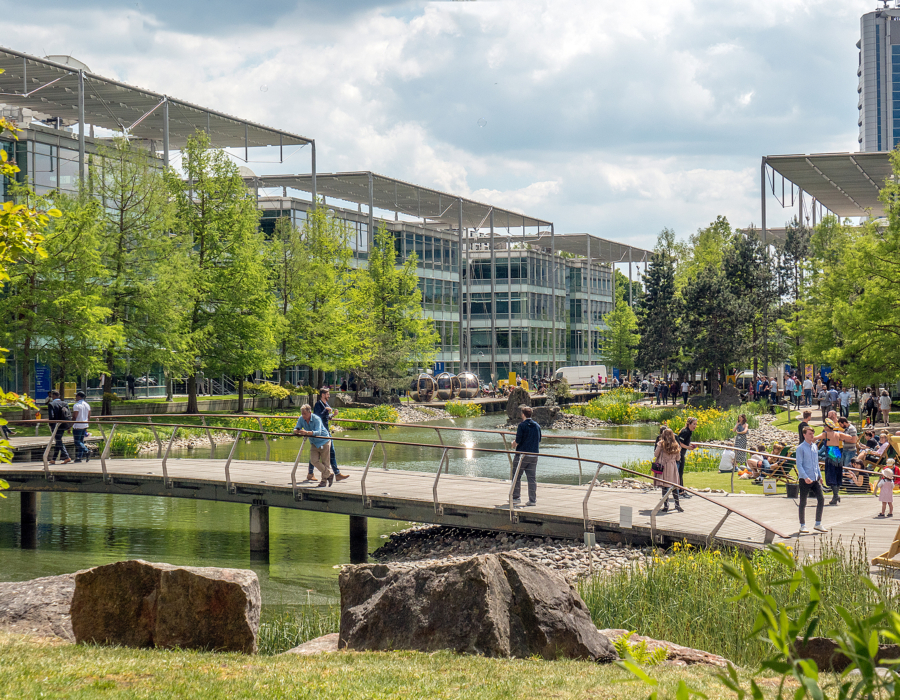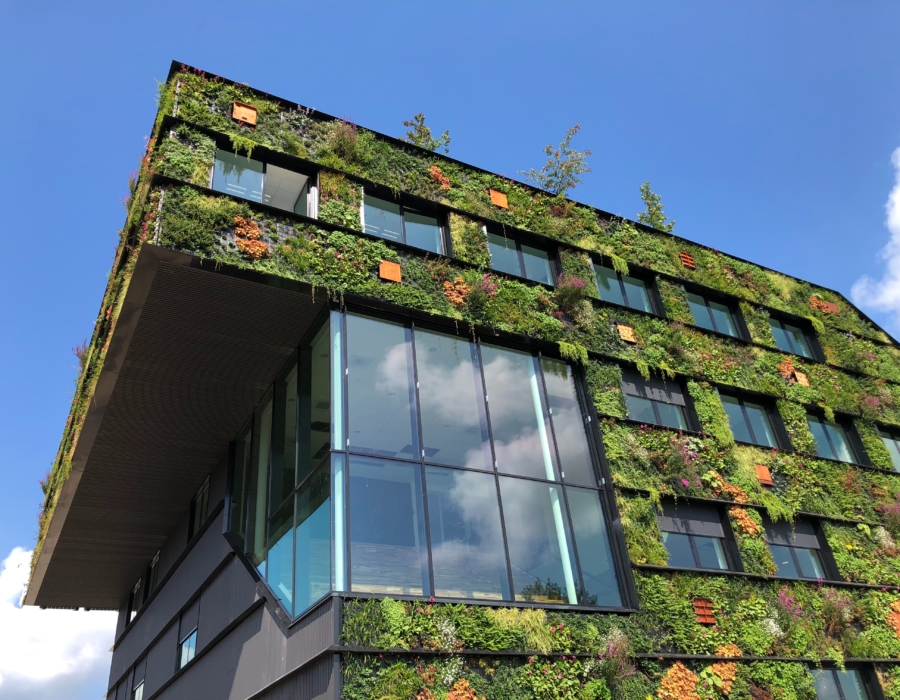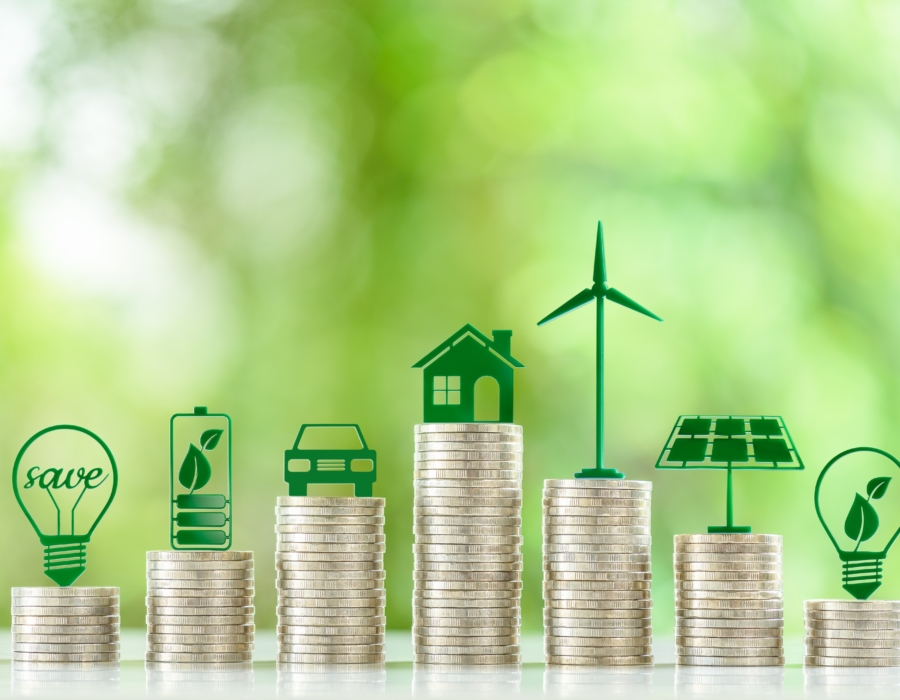-
Articles 
2023 GRESB Regional Insights Singapore event – Infrastructure in Asia
Read more -
Articles 
Navigating sustainable financing in commercial real estate debt
Read more -
Articles 
The transition risks of climate change for corporate real estate: Compliance and litigation
Read more -
Articles 
Recent study shows REITs surpass private real estate on sustainability measures
Read more -
Articles 
The brick and mortar of tackling climate risk for the built sector
In late July, the United Nations Secretary General Antonio Guterres issued a stern warning that “the era of global boiling has arrived.”
Read more -
Articles 
The role of commercial real estate in catalyzing the low-carbon grid transformation
Read more -
Articles 
You will not be starting from zero when navigating climate risk for your organization
Read more -
Articles 
New GCBA sustainable finance guide published
Read more -
Articles 
Green infrastructure: A strategic investment for climate resilience
Read more -
Articles 
Navigating climate risk: Essential strategies for success
Read more -
Articles 
Taking politics out of ESG
Read more -
Articles 
Protect properties from climate risks with smart water management
Read more -
Articles 
How the EU Carbon Border tax is pushing companies to rethink their supply chains and production processes
Read more -
Articles 
The real estate ecosystem & embodied carbon: More than just offsetting
Read more -
Articles 
The evolution of regulatory frameworks for climate resilience: Disclosure powers change
Read more -
Articles 
Automating energy management to build resilience in a dynamic regulatory environment
Read more -
Articles 
Enabling health, energy efficiency, and compliance: The Role of tracer particles in ASHRAE Standard 241
Read more -
Articles 
Keeping up with regulations: How incentives drive building compliance and regulatory momentum
Read more